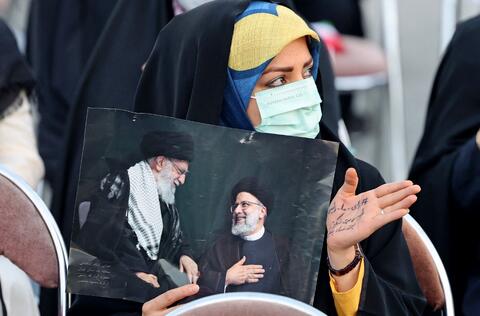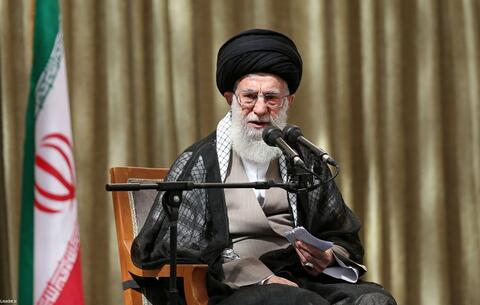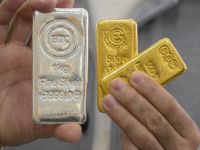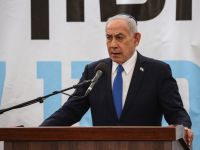Power shortages in Iran have given rise to widespread blackouts and triggered protests in the streets.
Outgoing president Hassan Rouhani apologised to Iranians on Tuesday over the massive power outages which have come amid a heatwave, with temperatures reaching 50 degrees celsius.
• Sheikh Mohamed bin Zayed receives humanitarian award from Vatican foundation
— The National (@TheNationalNews) July 7, 2021
• Iran’s President Rouhani apologises for power cuts that sparked protests
• Bomb-laden drones hit airport in northern Iraqhttps://t.co/mWZeWYg2yq pic.twitter.com/VIAEeb2x0W
Officials have blamed the blackouts on surging demand for power, along with low rainfall cutting hydroelectric output and illegal cryptocurrency mining farms accessing subsidised electricity.
There is no way out for the mullahs' regime..
— سائر سبيل (@saeersabil) July 6, 2021
Khamenei appears behind the mask of Ibrahim, a chief and the latter does not think of anything but executions..#mullah_regime#Khamenei #Raisi pic.twitter.com/Pv81XvEEgp
Protests turned political is some areas, with people chanting 'Death to the dictator' and 'Death to (Supreme Leader Ayatollah Ali) Khamenei' and other slogans during blackouts, according to videos posted on social media.
Rouhani said: 'I apologise to our dear people who have faced problems and suffering in the past few days and I urge them to cooperate (by curbing power use).
'People complain about power outages and they are right.
'The Energy Ministry is not at fault... but the minister should come and explain to the people what the problem is and we have to find a solution.'
Angry residents gathered in several cities to protest against the outages, which often did not follow blackout schedules announced by the state-run electricity companies, according to Iranian news outlets and postings on social media.
Welcome to Magic Khamenei! ? pic.twitter.com/MAt4CtB5yG
— Dennis N (@DennisN) July 4, 2021
Protesters said the frequent power outages had caused many problems, including water cuts in apartments, spoilage of meat and poultry, and damage to household appliances.
This comes just hours after the UN's atomic watchdog announced that Iran has begun producing enriched uranium metal - a key step in the development of nuclear weapons.
Authorities in Tehran told the International Atomic Energy Agency (IAEA) their aim is to develop fuel for nuclear reactor research.
But British, French and German authorities have condemned the action and say it threatens the talks to revive the previously abandoned 2015 nuclear deal.
'Iran has no credible civilian need for uranium metal R&D and production, which are a key step in the development of a nuclear weapon,' the three countries said in a joint statement issued by the British Foreign Office.
Iran's only nuclear power plant, which supplies a considerable amount of the country's electricity, was brought back online earlier this week after an unexplained 'technical fault' caused a two-week shutdown.
On June 20, the Atomic Energy Organization of Iran (AEOI) gave the ministry one day's notice before going offline due to the 'technical fault'.
But Iran's foreign ministry at the time described the shutdown as 'routine', saying it was carried out 'once or twice each year'.
This article has been adapted from its original source.









